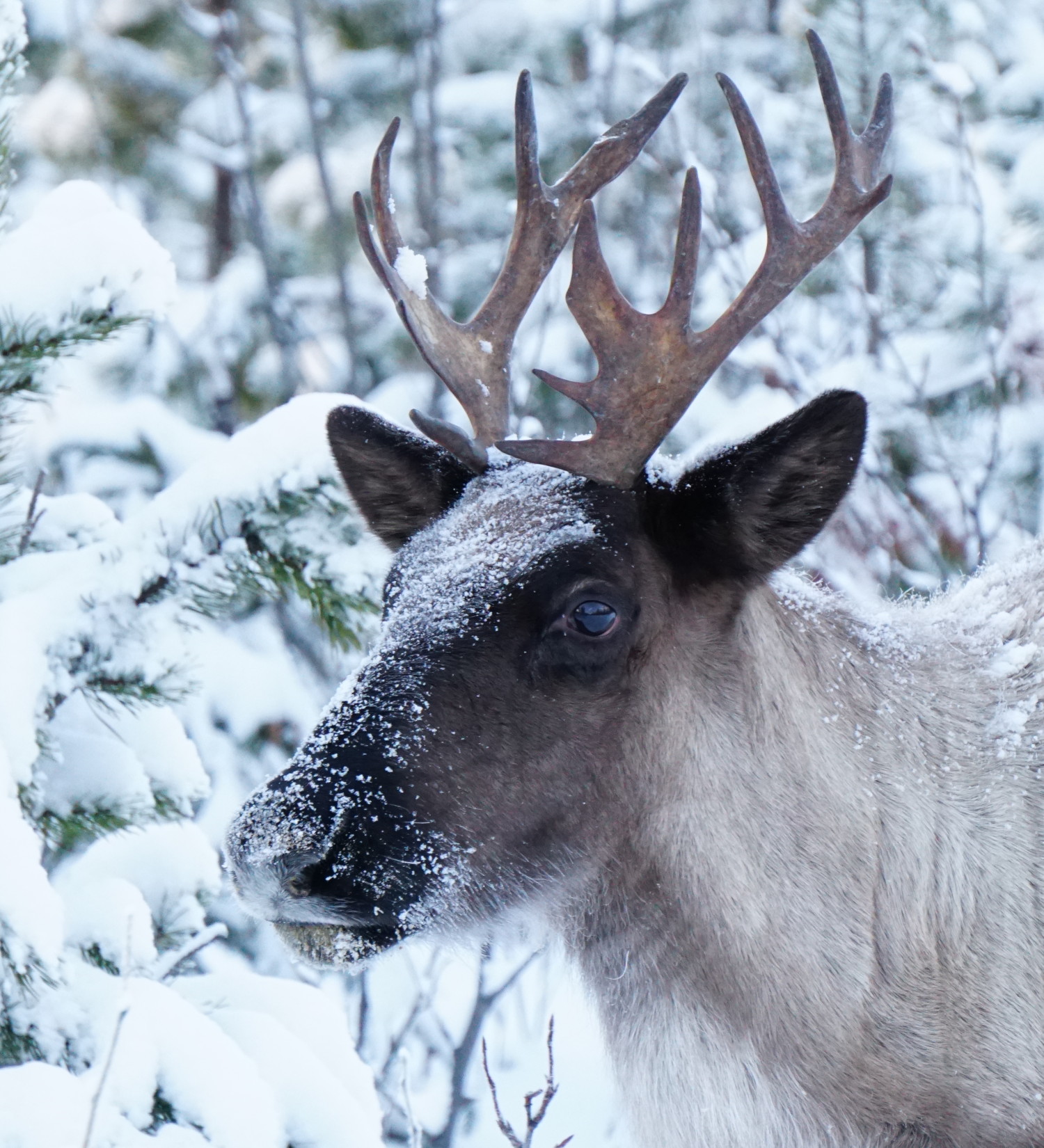The Tsilhqot’in Nation and Ulkatcho First Nation are implementing an emergency hunting ban on Mountain Caribou in their traditional territories.
Applying to everyone including First Nations people, the immediate ban to protect the few remaining caribou in the Itcha-Ilgachuz, Rainbows and Charlotte Alplands herds was announced Friday in a joint news release.
Tribal chair of the Tislhqot’in National Government, Chief Joe Alphonse says it is crucial that the caribou not be hunted and that activities that threaten the caribou’s habitat cease.
“We were notified too late in the BC management process to ensure the caribou were being managed properly with conservation values and not just money values taking priority,” Alphonse said.
“This is our land and our people that must now make the sacrifice to ensure that caribou persist in the region after the government, for too long, ignored the proper management decisions needed to take place for caribou.”
Alphonse adds there needs to be a continued push to ensure that predation is also being properly managed so that the caribou are given a chance to recover.
Ulkatcho First Nation Chief Lynda Price said the Ulkatcho First Nation (UFN) were opposed to the Province’s proposal and caribou management plans to transfer some of the Itcha-Ilgachuz caribou herd to the Purcell Mountains in Southeastern B.C. between 2000-2005.
“The reason we did not agree with the transfer was because they had not dealt with the issues that created the decline in the caribou herd there,” she said.
“UFN were not invited to the planning table to address the decline of the caribou herd in the Itcha-Ilgachuz. UFN informed the Technical Working group last week that we are not satisfied with their consultation process with UFN.”
The Itcha-Ilgachuz herd is located in UFN territory and Price said they believe that the only productive way of managing the herd and other wildlife in their territory is to implement the UNDRIP legislation and immediately address legislation, policy and regulation pertaining to wildlife management and conservation with our full participation.
“UFN supports the ban on caribou hunting,” Price said.
The Itcha-Ilgachuz herd, which are by far the largest of the three herds, have declined by 86% and continue to decline with approximately 385 caribou as of June 2019. If this decline continues the caribou in the Chilcotin could disappear within the next 7 years.
“Conservation of species is very important to us and as stewards of the land we are greatly concerned about the decline of our caribou herds and we are willing to do what it takes to ensure they survive. This includes taking the extra step to protect them by no longer allowing the harvest of caribou for sustenance as our people have done for thousands of years,” said Tsideldel Chief Otis Guichon.
“Not long ago caribou herds roamed throughout the Chilcotin but today are limited to a few hundred remaining animals in one area within the West Chilcotin.”
The Tsilhqot’in and Ulkatcho First Nations say the hunting ban will remain in place until the caribou have recovered to the point sustenance hunting can once again sustainably occur to ensure the conservation and persistence of the caribou in the region.
Both nations will also be working on more effective ways to protect the remaining caribou including better habitat management, disturbance and predation factors through the herd planning process.
Something going on in the Cariboo you think people should know about?
Send us a news tip by emailing [email protected].








